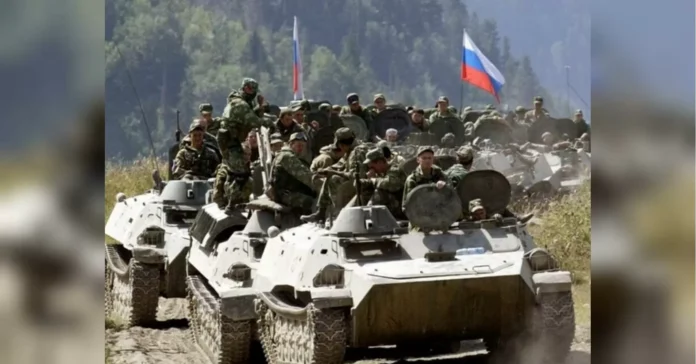According to Christopher C. Cavoli, the Commander of the United States Army Europe, NATO as a whole needs to significantly expand its military capabilities in order to effectively respond to the evolving security challenges of the 21st century. In his recent speech at the Warsaw Security Forum, Cavoli emphasized the importance of modernizing and strengthening NATO’s armed forces to maintain its relevance and effectiveness in the face of emerging threats.
Cavoli’s call for a stronger and more capable NATO comes at a time when the alliance is facing a multitude of challenges, including a resurgent Russia, terrorism, cyber attacks, and the proliferation of weapons of mass destruction. These threats require a robust and agile military force that is capable of deterring and responding to any potential aggression.
One of the key areas where NATO needs to expand its military capabilities is in the realm of conventional forces. As Cavoli pointed out, the alliance’s current force structure is not sufficient to counter a potential Russian attack, which has significantly modernized and expanded its military capabilities in recent years. In order to maintain a credible deterrence, NATO needs to invest in modernizing its conventional forces, including increasing the number of troops, upgrading equipment, and improving interoperability among member states.
Furthermore, Cavoli stressed the importance of investing in new technologies and capabilities, such as cyber defense, space-based assets, and unmanned systems. These emerging technologies have the potential to significantly enhance NATO’s military capabilities and provide a decisive advantage on the battlefield. However, the alliance needs to invest in research and development to stay ahead of its adversaries and maintain its technological edge.
In addition to modernizing its conventional forces and investing in new technologies, Cavoli also highlighted the need for NATO to improve its readiness and responsiveness. This includes increasing the speed of decision-making, streamlining bureaucratic processes, and improving the mobility of forces across the alliance. In today’s fast-paced and unpredictable security environment, NATO needs to be able to quickly deploy its forces to any potential crisis or conflict.
Cavoli’s call for a stronger and more capable NATO is not just about countering external threats, but also about maintaining the alliance’s cohesion and solidarity. As he pointed out, a strong and capable NATO is essential for deterring potential adversaries and ensuring the security of all member states. In order to achieve this, all member states need to contribute their fair share to the alliance’s defense efforts.
Some may argue that expanding NATO’s military capabilities will only lead to an arms race and further escalate tensions with Russia. However, as Cavoli emphasized, the alliance’s goal is not to provoke or threaten any country, but to maintain peace and stability in the Euro-Atlantic region. A strong and capable NATO is a deterrent to potential aggression and a guarantee of security for all member states.
In conclusion, Christopher Cavoli’s call for NATO to significantly expand its military capabilities is a timely and necessary reminder of the alliance’s responsibility to adapt and evolve in the face of emerging security challenges. In order to maintain its relevance and effectiveness, NATO needs to modernize its conventional forces, invest in new technologies, improve its readiness and responsiveness, and ensure the solidarity of all member states. A strong and capable NATO is not only essential for the security of its member states, but also for maintaining peace and stability in the Euro-Atlantic region.

